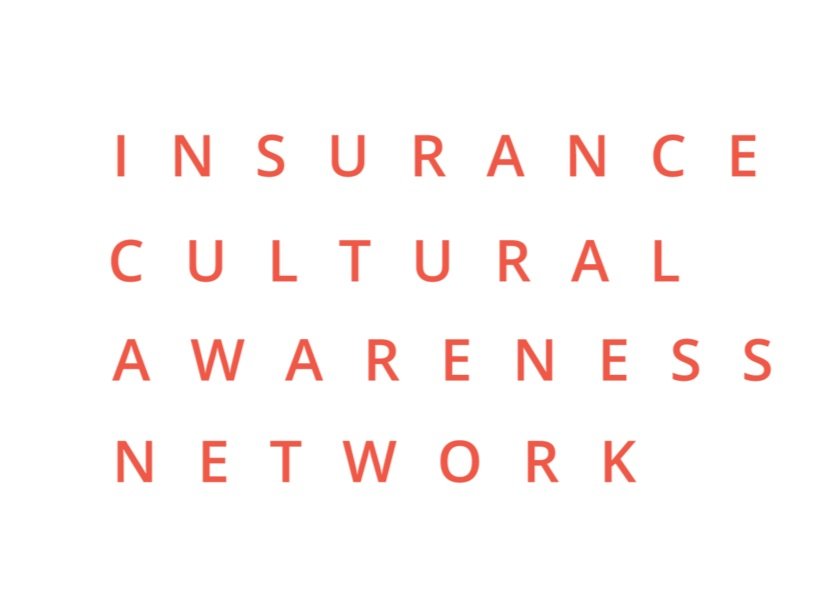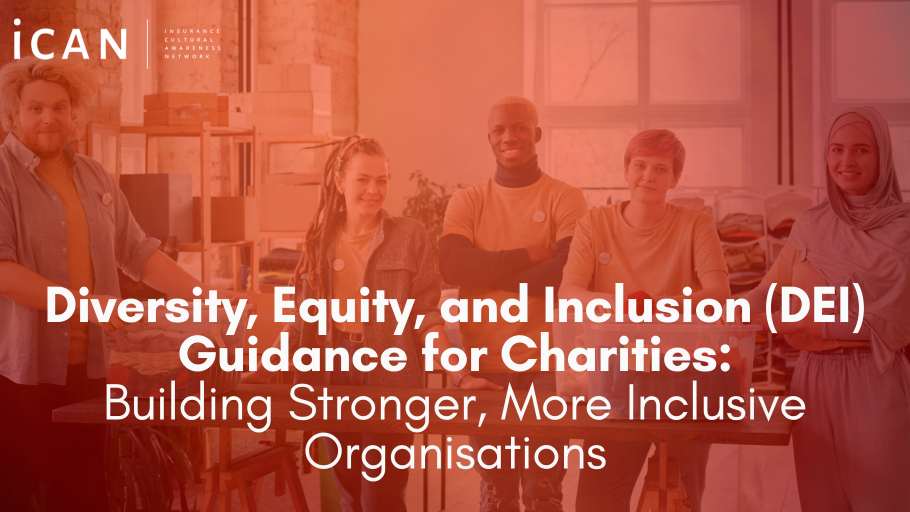Diversity, Equity, and Inclusion (DEI) Guidance for Charities: Building Stronger, More Inclusive Organisations
Diversity, Equity, and Inclusion (DEI) should be at the heart of every charity’s mission. The voluntary sector exists to support diverse communities, yet many organisations struggle to reflect that diversity in their leadership, governance, and operations. A lack of meaningful DEI action can limit a charity’s impact, making it harder to engage with stakeholders, secure funding, and deliver effective services.
We’ve teamed up with charity insurance specialists Gambit Insurance Solutions to help charities better understand the challenges they face in embedding DEI into governance and operations. The below guide explores practical steps for charity leaders and trustees to create more inclusive, forward-thinking organisations that truly represent the communities they serve.
The DEI Challenge in the Charity Sector
Recent research by the Directory of Social Change (DSC) found that DEI remains one of the most challenging governance areas for charity leaders. Many trustees - particularly in small and lower-income charities - acknowledge that their boards lack diversity and struggle to implement meaningful change. The most common challenges include:
A lack of DEI training and reflection among trustees
Limited progress in leading organisational DEI improvements
Inadequate monitoring and measurement of DEI initiatives
This inaction isn’t new. Reports such as ACEVO and Voice4Change England’s Warm Words, Cold Comfort have long highlighted systemic issues, including instances where racism and exclusion persist within charity leadership.
The challenge now is moving from passive awareness to active change.
Practical Steps to Strengthen DEI in Charities
To build an inclusive culture and create lasting impact, charity leaders and trustees must take deliberate action. Here are some key steps to help improve DEI within your organisation:
1. Build a Diverse and Representative Board
A diverse board brings fresh perspectives, reduces the risk of groupthink and enhances decision-making. Yet many charities struggle to attract trustees from underrepresented backgrounds. To improve board diversity charities can:
Conduct a skills and diversity audit to identify gaps in representation.
Actively recruit from different communities, using platforms that reach underrepresented groups.
Introduce mentorship programmes for aspiring trustees from diverse backgrounds.
Consider term limits to create space for new voices and prevent stagnation.
2. Prioritise DEI Training and Education
Trustees and senior leaders set the tone for an organisation’s culture. Ensuring they are equipped with DEI knowledge is essential for meaningful change. Charities should:
Provide regular DEI training covering cultural competence, anti-racism and neurodiversity awareness.
Embed self-reflection exercises into board meetings to encourage open discussions about bias and inclusion.
Establish a governance subcommittee responsible for driving DEI initiatives.
3. Develop a Clear DEI Strategy with Measurable Goals
Without a structured DEI strategy, efforts can feel disjointed or tokenistic. A strong plan should:
Outline short- and long-term DEI objectives with measurable targets.
Integrate DEI into decision-making processes across governance, hiring and service delivery.
Ensure DEI is a standing agenda item in board meetings to maintain accountability.
4. Encourage an Inclusive Culture in Board Meetings
Inclusivity isn’t just about representation - it’s about ensuring diverse voices are heard and valued. To create a more inclusive boardroom:
Encourage balanced participation by structuring discussions to allow all trustees to contribute.
Implement anonymous feedback mechanisms to gather input from those who may be hesitant to speak up.
Regularly review board processes to identify barriers to inclusivity and make improvements.
5. Monitor and Measure DEI Progress
A commitment to DEI requires ongoing evaluation. Charities should therefore:
Collect and review diversity data across staff, volunteers and trustees.
Use stakeholder feedback to assess the impact of DEI efforts.
Publish annual DEI reports to track progress and maintain transparency.
Overcoming Resistance to Change
Many charities struggle with internal resistance when introducing DEI initiatives. Long-standing trustees may be reluctant to change governance structures, while resource constraints can make DEI feel like a secondary priority. To address this:
Frame DEI as a mission-driven necessity, not just a ‘nice to have’.
Involve existing trustees in the process to make them feel part of the change.
Highlight the benefits of diversity, including stronger decision-making, increased trust from stakeholders and improved funding opportunities.
The Future of DEI in Charities
Embedding DEI within a charity’s culture isn’t just about meeting expectations - it’s about ensuring the sector remains inclusive, effective and representative of the communities it serves.
By recruiting diverse trustees, investing in training, setting clear goals, and fostering an inclusive culture, charities can make meaningful progress toward lasting change.
About iCAN
The Insurance Cultural Awareness Network (iCAN) is a leading organisation committed to promoting diversity and inclusion in the insurance sector. Established in 2017, iCAN has been instrumental in spotlighting cultural awareness, fostering talent, and championing diversity within the industry.


